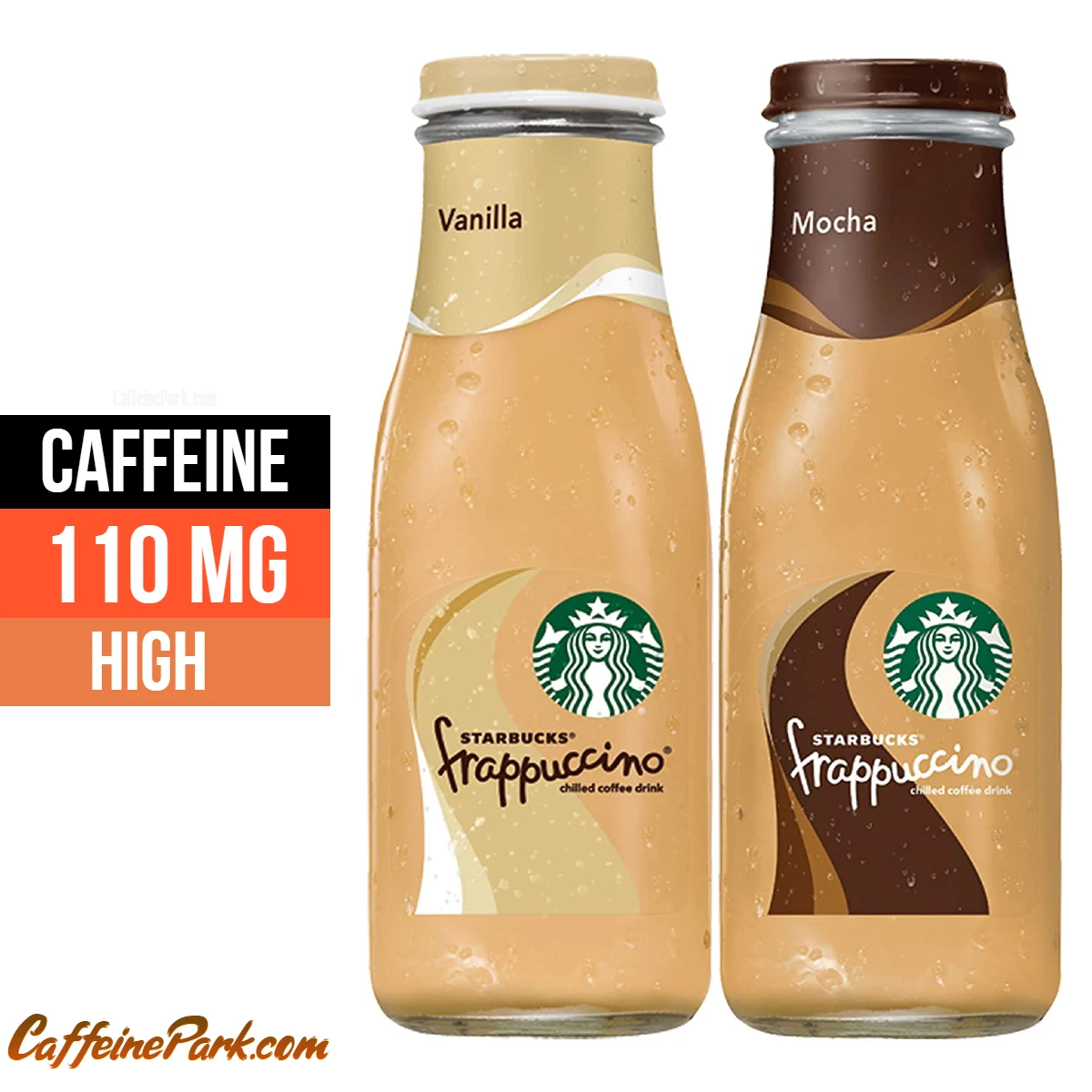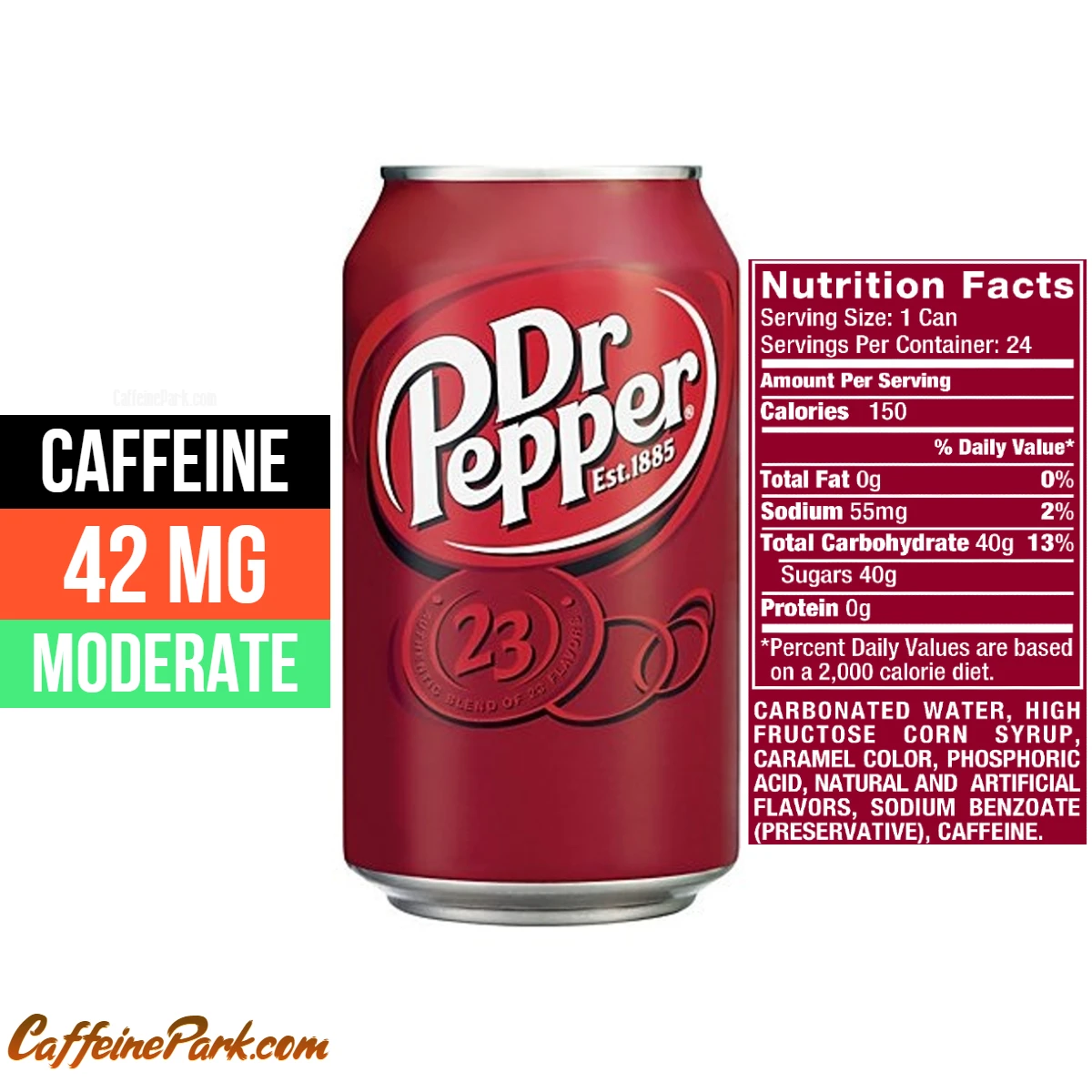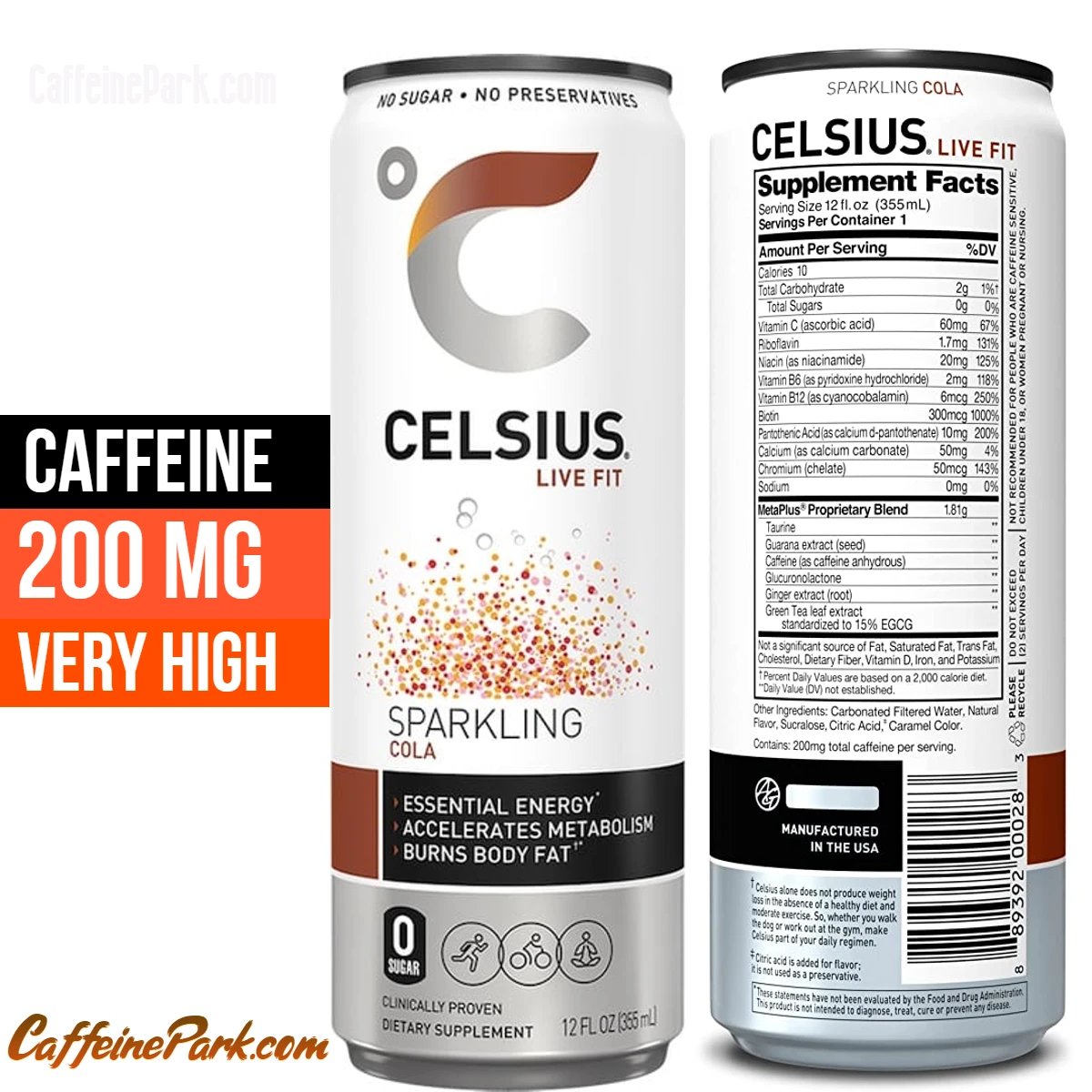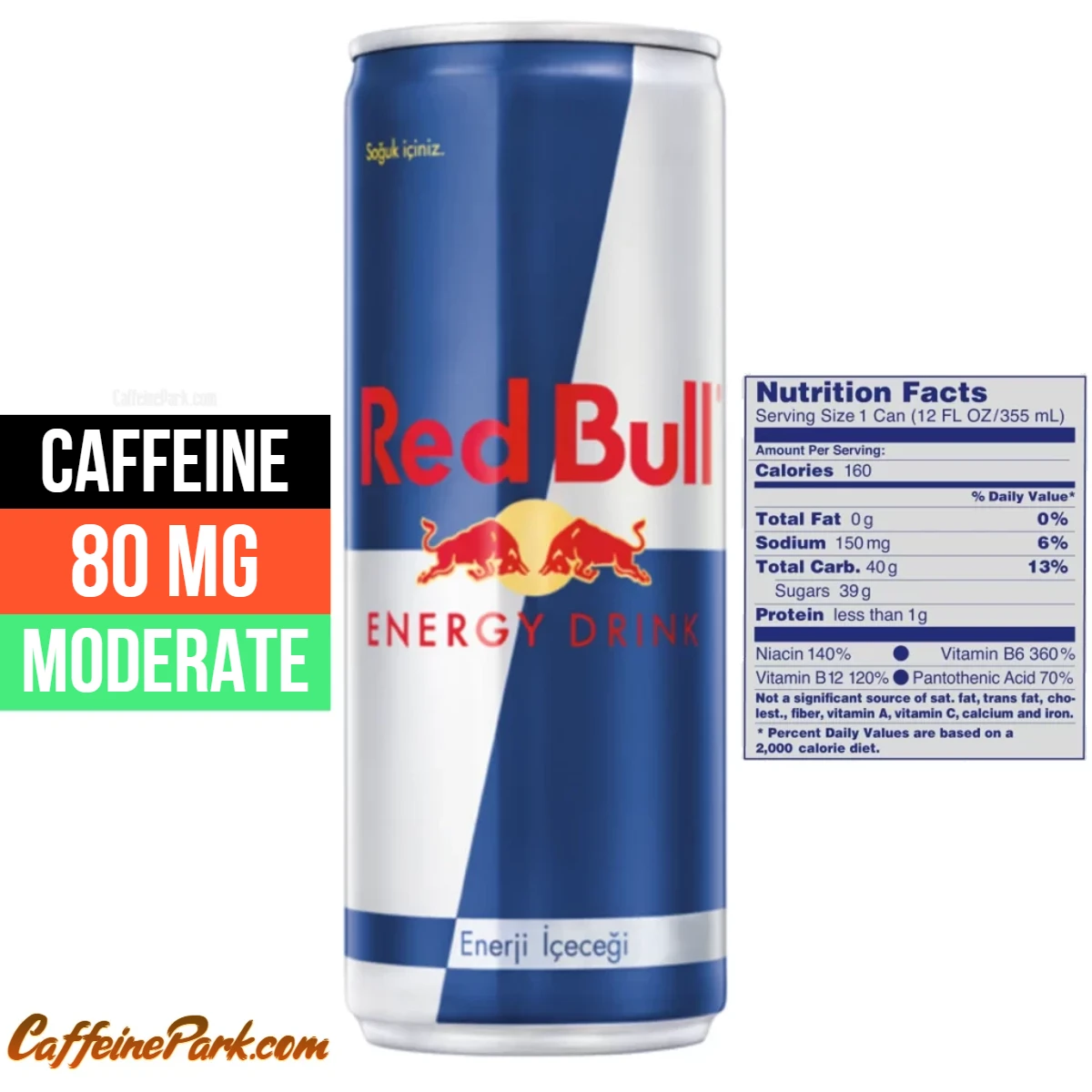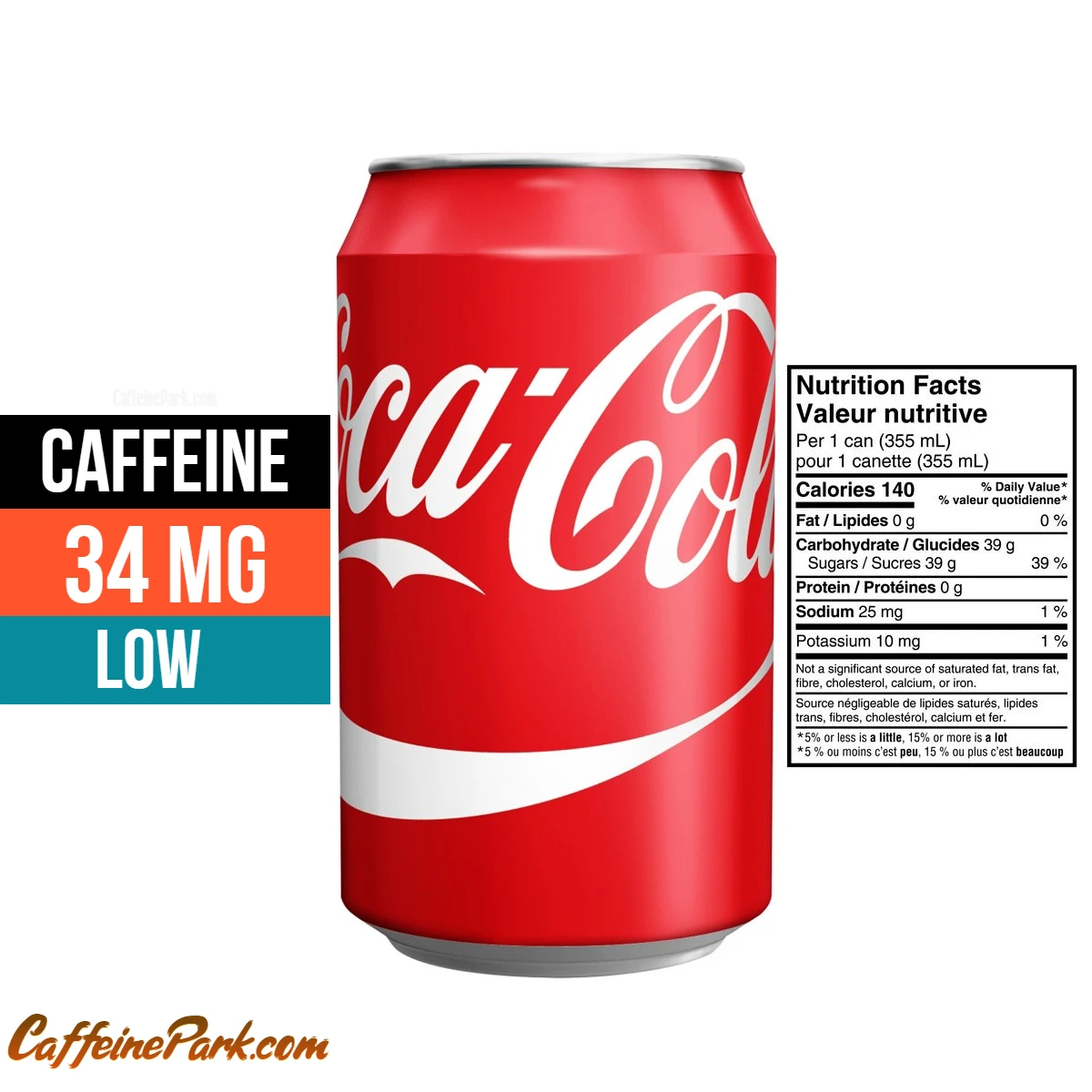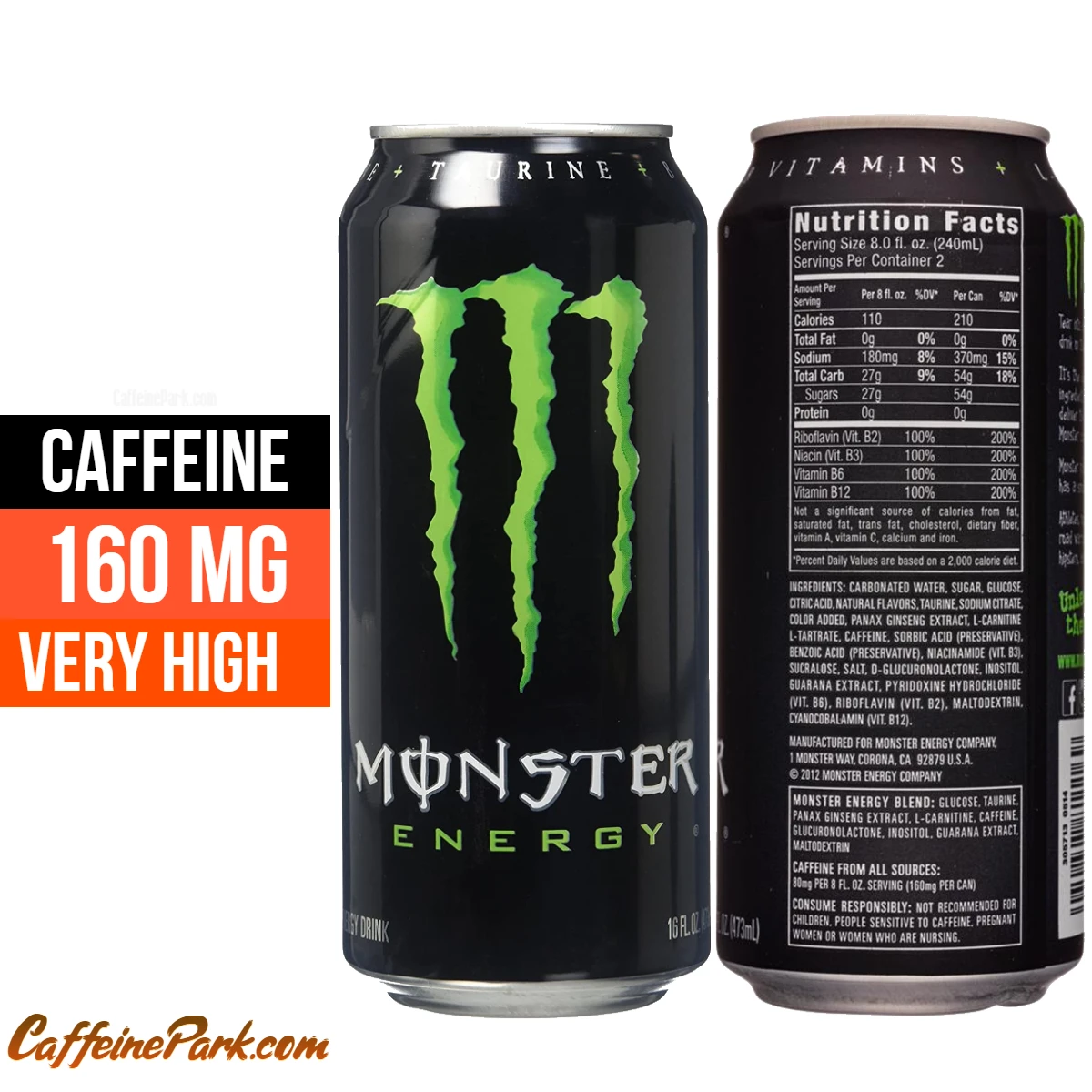
The caffeine content of decaffeinated teas can vary greatly depending on the type of tea and the method used to decaffeinate it. On average, decaffeinated teas contain between 2-5% of the caffeine found in regular teas. However, some decaffeinated teas may contain as little as 0.2-0.5% of the caffeine found in regular teas.
That is generally accurate. On average, decaffeinated black tea contains around 4 milligrams of caffeine per 8 fluid ounces (240 milliliters) cup. That translates to approximately 0.5 milligrams of caffeine per fluid ounce (1.69 milligrams per 100 milliliters). Similarly, decaffeinated green tea typically contains around 2 milligrams of caffeine per cup, which is less than the caffeine content of decaffeinated black tea. However, it’s worth noting that these are general averages and the caffeine content of decaffeinated teas can vary depending on the type of tea, the method used to decaffeinate it, and the steeping time. It’s always best to check the label or ask the manufacturer for the specific caffeine content of a decaffeinated tea.
Factors that Affect Caffeine Content
- Type of Tea: Different types of tea, such as green tea and black tea, have different caffeine contents, to begin with. Black teas generally contain more caffeine than green teas.
- Decaffeination Method: The method used to decaffeinate the tea can also affect the caffeine content. Generally, the water process and CO2 process tend to retain more of the original flavor of the tea but also retain more of the caffeine. The chemical process is the most efficient method of decaffeination but also tends to produce teas with a more subdued flavor and lower caffeine content.
- Steeping Time: Steeping time also affects the caffeine content of the tea. The longer the tea is steeped, the more caffeine will be extracted from the leaves.
As a general rule of thumb, decaffeinated teas will have a lower caffeine content compared to regular teas, but it can vary depending on the type of tea, method of decaffeination, and steeping time.
Does Decaf Tea have caffeine?
Yes, Decaf Tea contains 4 mg of caffeine per 8 fl oz cup. And 0.5 mg of caffeine per fl oz (1.69 mg per 100 ml). decaffeinated green tea contains approximately 2 mg of caffeine per 8 fl oz cup.
| Serving size | Caffeine Amount | Caffeine strength |
|---|---|---|
| 100 ml | 1.7 mg | LOW |
| 8 fl oz cup | 4 mg | LOW |
| 12 fl oz cup | 6 mg | LOW |
| 16 fl oz cup | 8 mg | LOW |
- Caffeine Amount: 4 mg
- Caffeine strength: LOW
- Calories: 0
- Serving size: 8 fl oz cup
Caffeine in Decaf Tea vs Decaf Coffee
Decaf Coffee: On average, an 8 fl oz cup of decaf coffee contains 5 mg of caffeine. However, it’s important to note that the caffeine content can vary depending on the brand and the decaffeination process used. Some decaf coffees may have slightly higher caffeine levels, ranging from 8-14 mg per cup.
Decaf Tea: Decaf tea generally contains around 4 mg of caffeine per 8 fl oz cup. This amount can vary depending on the specific type of tea and the decaffeination process used. Decaffeinated green tea, for example, typically contains approximately 2 mg of caffeine per cup.
Overall, when comparing decaf coffee and decaf tea, decaf tea tends to have a slightly higher caffeine content. However, both beverages still contain significantly less caffeine compared to their regular counterparts. Regular coffee can have anywhere from 95-200 mg of caffeine per cup, while regular tea generally contains 25-50 mg of caffeine per cup.
If you’re looking to minimize your caffeine intake, opting for decaf versions of both coffee and tea can be a suitable choice. It’s important to remember that individual sensitivities to caffeine can vary, so it’s always a good idea to check the specific caffeine content of your preferred brand or consult with a healthcare professional if you have any concerns.
Caffeine Free vs Decaf Tea
The key difference between caffeine-free tea and decaf tea lies in their caffeine content. Caffeine-free teas naturally do not contain any caffeine, while decaf tea has had most of its caffeine content removed through processing.
Caffeine-free teas are often preferred by individuals who are looking to avoid caffeine altogether or are sensitive to its effects. They provide a soothing and relaxing experience without the stimulating effects of caffeine. These teas are a popular choice for those seeking a hot beverage option before bedtime or individuals who are caffeine-sensitive.
Decaf tea, on the other hand, can be a suitable choice for individuals who still want to enjoy the flavors and characteristics of traditional tea but with reduced caffeine content. While decaf tea is not completely caffeine-free, it offers a significantly lower caffeine content compared to regular tea, making it a more moderate choice in terms of caffeine intake.
- Caffeine-Free Tea: Caffeine-free tea refers to tea that naturally does not contain any caffeine. Examples of naturally caffeine-free teas include herbal teas like chamomile, peppermint, rooibos, and hibiscus. These teas are made from various plants and herbs and do not contain any tea leaves from the Camellia sinensis plant, which is where traditional tea, including green, black, and oolong teas, comes from.
- Decaf Tea: Decaf tea, on the other hand, is regular tea (typically black or green tea) that has undergone a decaffeination process to reduce its caffeine content. The decaffeination process removes a significant portion of the caffeine, although small traces may still remain. Decaf tea offers a lower caffeine content compared to regular tea but is not completely caffeine-free.
Methods of process removing caffeine from tea
Decaffeinated teas, also known as decaf teas, are teas that have had most of the caffeine removed from them. The process of removing caffeine from tea leaves can be done through a variety of methods, each with its own unique characteristics. The decaffeination process can vary depending on the tea and the manufacturer. Caffeine content may vary as well, so it’s best to check the label or ask the manufacturer for the exact caffeine content of a decaffeinated tea.
Water Process
One method of decaffeination is called the water process. This method involves steaming the tea leaves to open up the pores in the leaves. Then, the leaves are soaked in water to extract the caffeine. The water is then passed through a carbon filter to remove the caffeine. The water is then returned to the tea leaves to reabsorb the flavor compounds that were lost during the initial steaming process. This process is considered one of the most natural methods of decaffeination, and it tends to produce teas that retain more of their original flavor than teas decaffeinated by other methods. The caffeine content of tea decaffeinated by the water process is generally around 2-5%.

CO2 Process
Another method of decaffeination is called the CO2 process. This method involves using liquid carbon dioxide under high pressure to extract the caffeine from the tea leaves. The carbon dioxide is then released from the tea leaves and the caffeine is separated from it. This process is considered to be a very efficient method of decaffeination, and it tends to produce teas that retain more of their original flavor than teas decaffeinated by other methods. The caffeine content of tea decaffeinated by the CO2 process is generally around 1-2%.

Chemical Process
A third method of decaffeination is called the chemical process. This method involves using a chemical solvent, such as methylene chloride or ethyl acetate, to extract the caffeine from the tea leaves. The solvent is then removed from the tea leaves by heating or evaporation. This process is considered to be the most efficient method of decaffeination, but it also tends to produce teas that have a more subdued flavor than teas decaffeinated by other methods. The caffeine content of tea decaffeinated by the chemical process is generally around 0.2-0.5%.
It’s important to note that the decaffeination process can vary depending on the tea and the manufacturer. Caffeine content may vary as well, so it’s best to check the label or ask the manufacturer for the exact caffeine content of a decaffeinated tea.

FAQs
Decaf tea typically contains around 4 mg of caffeine per 8 fl oz cup.
No, 4 mg of caffeine is considered a very small amount compared to regular tea, which can contain 25-50 mg of caffeine per cup. It is often considered negligible.
Regular tea contains significantly more caffeine than decaf tea. On average, regular tea can have 25-50 mg of caffeine per cup, while decaf tea contains only about 4 mg per cup.
No, decaf tea is not completely caffeine-free. It still contains a small amount of caffeine, but the levels are significantly reduced compared to regular tea.
Decaf tea is generally a suitable option for individuals who are sensitive to caffeine. However, it’s important to note that some people may still experience a mild stimulant effect due to the small amount of caffeine present.
The caffeine content in decaf tea can vary depending on factors such as the specific brand and the decaffeination process used. However, on average, most decaf teas contain around 4 mg of caffeine per cup.
Decaffeinated green tea typically contains approximately 2 mg of caffeine per 8 fl oz cup. This is lower than the caffeine content in regular green tea, which can range from 25-35 mg per cup.
Yes, decaffeinated green tea still retains many of the health benefits associated with regular green tea, such as antioxidants and potential cardiovascular benefits, while having a significantly lower caffeine content.
What is decaffeinated tea?
Decaffeinated tea, also known as decaf tea, is a tea that has had most of the caffeine removed from it. This can be done through a variety of methods, such as using water or chemicals to extract the caffeine.
How is caffeine removed from tea?
Caffeine can be removed from tea through a variety of methods, including the water process, the CO2 process, and the chemical process. Each method has its own unique characteristics and can affect the flavor and caffeine content of the final product.
What is the caffeine content of decaffeinated tea?
The caffeine content of decaffeinated tea can vary greatly depending on the type of tea and the method used to decaffeinate it. On average, decaffeinated teas contain between 2-5% of the caffeine found in regular teas. However, some decaffeinated teas may contain as little as 0.2-0.5% of the caffeine found in regular teas.
Is decaffeinated tea still healthy?
Decaffeinated tea still contains many of the same health benefits as regular tea, such as antioxidants and other beneficial compounds. However, it’s worth noting that caffeine does have some health benefits of its own, such as providing a boost of energy and helping to improve mental alertness.
Is decaffeinated tea better for you than regular tea?
Whether decaffeinated tea is better for you than regular tea depends on your individual needs and preferences. Some people may prefer decaffeinated tea because it allows them to enjoy the taste and health benefits of tea without the stimulating effects of caffeine. Others may prefer regular tea because of the added benefits of caffeine.
Can you get addicted to decaffeinated tea?
It is unlikely to get addicted to decaffeinated tea as the caffeine content is very low or none, which is the main component that can lead to addiction.
Does tea have more caffeine than decaf Tea?
Green tea and black tea have more caffeine than decaf tea. A regular 8-ounce cup of green or black tea usually contains about 30mg to 40mg of caffeine.
Is decaf tea good for you?
Decaf tea is just as healthy and nutritious as its regular counterpart but without the side effects of caffeine. Most types of tea, including antioxidant-rich green and black teas, contain small amounts of caffeine. If you’re sensitive to stimulants, don’t fret — you can always use decaffeinated tea bags.
How much decaf tea is healthy?
Caffeine consumption should be limited to 5 cups per day. Caffeine-free teas are safer alternatives to regular teas. However, you should limit your consumption of these types of tea.
Read More:
- Caffeine in PG Tips Black Tea
- Caffeine in Kombucha Tea
- Caffeine in Chai Tea
- Caffeine in Bigelow Tea Sage Tea Caffeine Content
- Kava tea Caffeine Content
- Huel Iced Coffee Caramel Caffeine Content
- Pai Mu Tan tea Caffeine Content
Contents
- Factors that Affect Caffeine Content
- Does Decaf Tea have caffeine?
- Caffeine in Decaf Tea vs Decaf Coffee
- Caffeine Free vs Decaf Tea
- Methods of process removing caffeine from tea
- FAQs
- What is decaffeinated tea?
- How is caffeine removed from tea?
- What is the caffeine content of decaffeinated tea?
- Is decaffeinated tea still healthy?
- Is decaffeinated tea better for you than regular tea?
- Can you get addicted to decaffeinated tea?
- Does tea have more caffeine than decaf Tea?
- Is decaf tea good for you?
- How much decaf tea is healthy?
